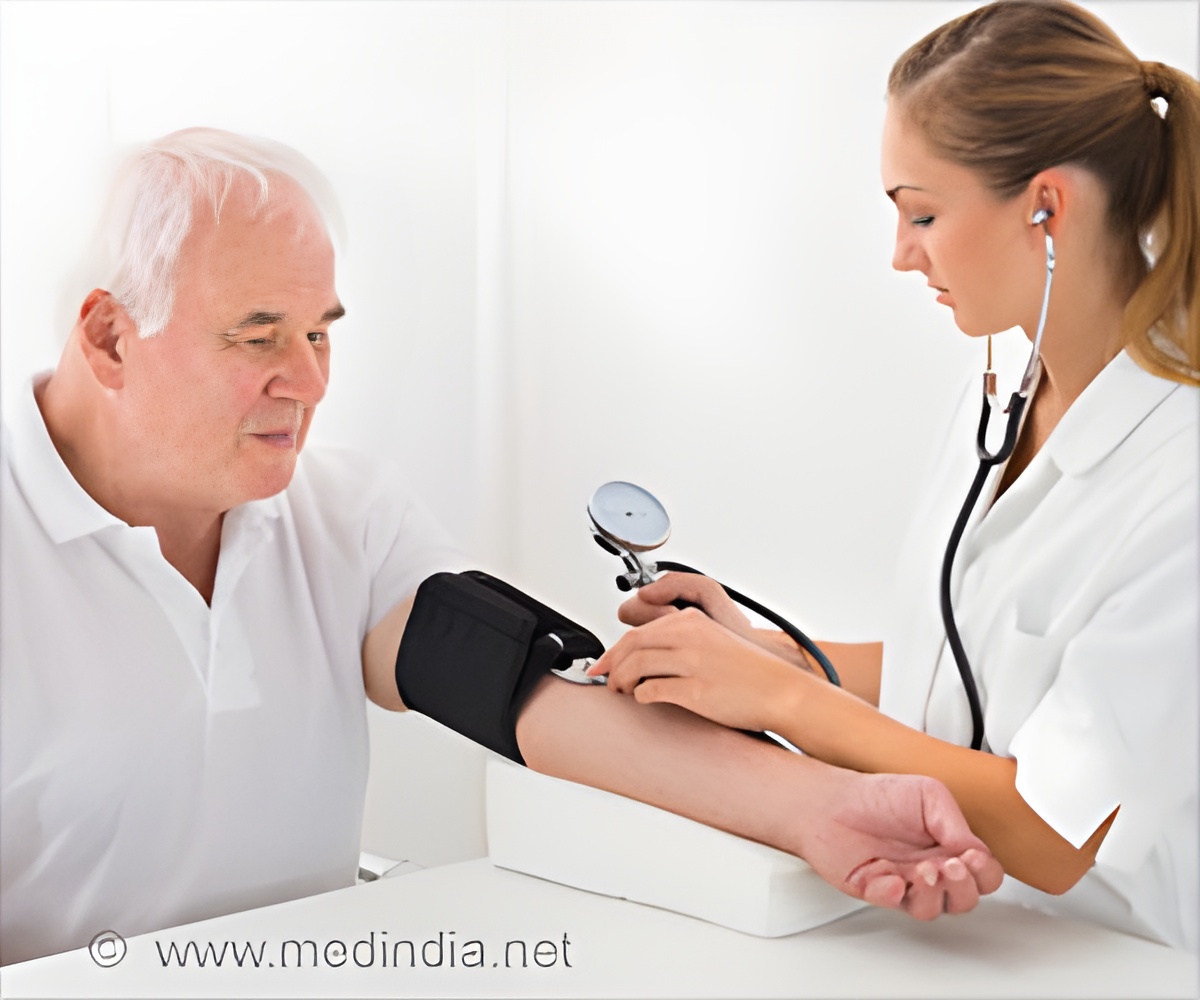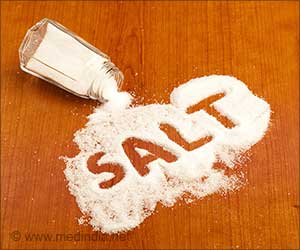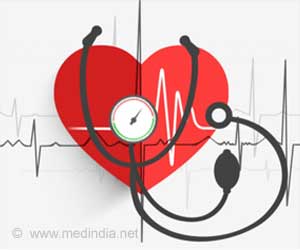
‘Hypertensive patient outcomes could be influenced by leveraging new insights from behavioral economics like social support factor.’
Read More..Tweet it Now
"We had experience with electronic pill bottles to monitor adherence in the past, but they were expensive and sometimes technically challenging to administer to patients," said the study's lead author, Shivan Mehta, MD, MBA, associate chief innovation officer at Penn Medicine and an assistant professor of Medicine. Read More..
"For this study, we hypothesized that bidirectional -- two-way, conversational -- text messaging could have similar functionality but with better user experience. However, we did not see a difference in blood pressure for either method."
Nearly 150 patients who take medication for their high blood pressure across four Philadelphia primary care practices participated in the study.
They were split into three groups: one that received standard of care, another group was mailed an electronic pill bottle that monitored their medication adherence, and the third group that received automated text messages asking about medication adherence.
Groups two and three also received daily text messaging prompting them to take their medications.
Advertisement
Each day, participants received one of two text messages: One congratulating them for taking their medication the previous day (if the bottle detected being opened), or another acknowledging that they didn't take their medication the previous day (if the bottle was not opened). Both messages featured a reminder to take the medication that day.
Advertisement
Adherence to medication was found to be high among the study's participants, both hovering near 80 percent. Despite the extra methods employed, the researchers found that both blood pressure levels and rates of adherence to blood pressure medication remained similar to patients in the control group - those who didn't have the electronic pill bottles or the texting.
The blood pressure levels might not have been improved because adherence levels didn't increase enough, Mehta explained. It's also possible that the patients may have needed higher doses of their medications or new medications.
There are also a few other ways that patient outcomes could be influenced by leveraging new insights from behavioral economics. For instance, Mehta is already testing out the social support factor in a new trial that also offered blood pressure cuffs and remote monitoring to 250 patients.
Additionally, the new study has built in "nudges" for clinicians to consider dose escalation or additional medications among their hypertension patients.
Source-Eurekalert












